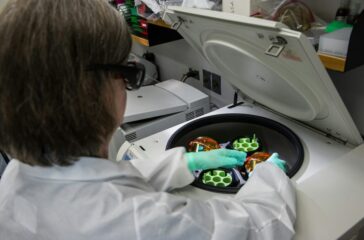Heavy metal exposure linked to problems for middle-aged women
By Shannon Kelleher
Women with higher exposure to heavy metals may have fewer eggs in their ovaries as they near menopause compared to others the same age, a condition linked to hot flashes, weak bones, heart disease, and other health problems, according to a new study in more than 500 middle-aged women.
 EWG
EWG